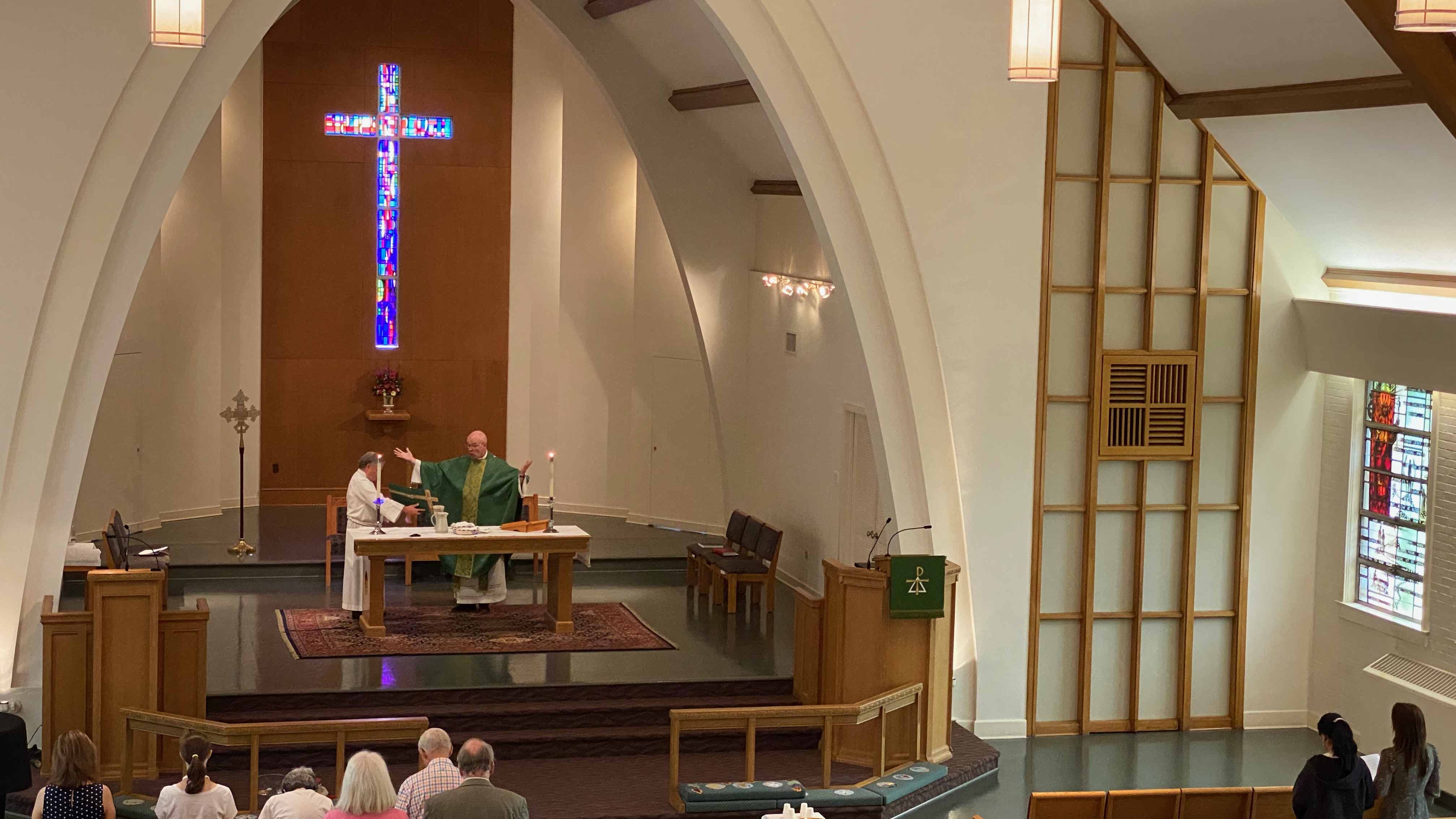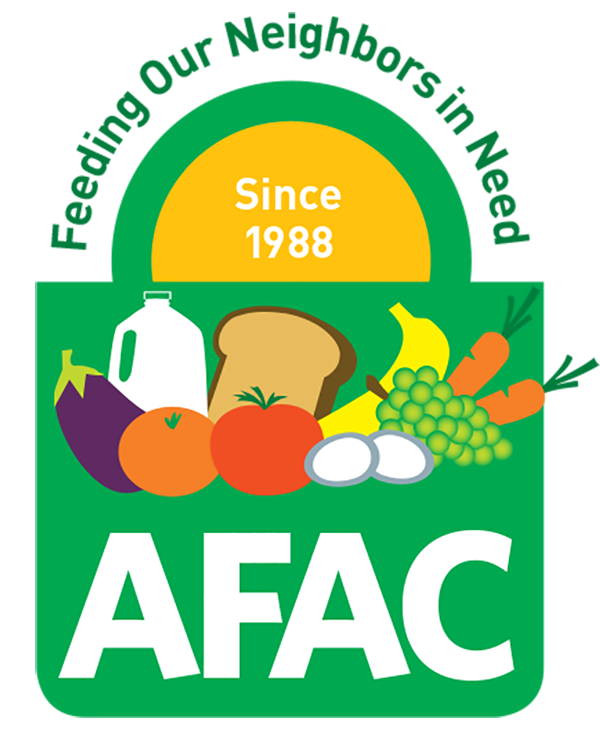Week of the First Sunday after Epiphany, Baptism of Our Lord
Dear Friends in Christ:
A number of persons have recently asked me why we use the contemporary version of the Lord’s Prayer in our public worship on Sundays. There’s been sufficient energy around this topic that I am moved to write about it in some significant detail to offer a fuller rationale for using the translation of the Lord’s Prayer that we do on Sundays.
First off, I want to recognize and affirm the power of language that we know by heart. Most of us are more familiar with the older translation of the Lord’s Prayer that continues the use of “thy” and “thine,” more archaic expressions in English that do not generally appear in everyday speech. Knowing the Lord’s Prayer by heart in the version we have grown up with speaks to the power of particular language expressions to form us and to carry deep spiritual and theological meaning for us. We may embody decades of associations and experiences with particular formulations of language that continue to speak powerfully to us. Thanks be to God for the power of God’s word in our lives in the particularities and perhaps peculiarities of language expressions.
But God’s living word is not limited to particular translations. In fact, as you well know, the Lord’s Prayer did not come down from on high in King James Version English. The origins of the Lord’s Prayer date back to traditions prior to Jesus, namely, the Kaddish, a prayer of praise in the Jewish tradition that hallows God’s name. In Jesus’ day and in the very early days of the church, the Lord’s Prayer would have been offered in Aramaic, then the common vernacular. Even the New Testament gospels (Matthew 6:9-13 and Luke 11:2-4) render somewhat different versions of the Lord’s Prayer in English translations from the Greek, and the biblical versions of the prayer in English bibles are not exactly what we pray on Sundays.
Moreover, the Lord’s Prayer has come to Christian people also in the languages of the nations throughout the centuries. My forebears prayed the Lord’s Prayer in Swedish, Norwegian, and Finnish. Your ancestors likewise would have prayed the prayer in their various mother tongues. All of this variety in translation adds to the richness of God’s living word; it does not detract from or diminish the power of sacred meaning.
Which is to say, human languages are not stuck in time. They change and evolve over the course of generations. Continuing to pray the Lord’s Prayer using a translation that continues some archaic expressions does not robustly acknowledge the fluid nature of human language. More significantly perhaps, continuation of older forms also does not fully acknowledge and honor that God’s word continues to be living and active, such that the timeless truth of the divine word is also expressed in new and renewed ways that make sense to speakers of ordinary language in our own day.
Recall that Martin Luther was passionate about proclaiming the gospel in the vernacular of ordinary people. Hence his turn to use German as the language of liturgy and not Latin. Likewise, passion for making the gospel available in everyday language informed his translation of the Bible into German. Our use of the version of the Lord’s Prayer that is more in keeping with current speech continues the Lutheran passion for vernacular expressions of the gospel, trusting that God’s voice is indeed living and active in the ordinary language employed in liturgy and in prayer.
To get to the particular points of the contemporary vs. traditional version of the Lord’s Prayer, the differences in the translations center on the following points: your vs. thy/thine; sins vs. trespasses (or debts if you’re a Presbyterian); trial vs. temptation. Otherwise, the versions of the prayer are quite similar. On the question of your vs. thy/thine, I’ve already raised the question of the continued use of archaic expressions in the liturgy. The evolution of liturgical expressions in English was such that a more King James style of liturgical language was modified already at least half a century ago. For us Lutherans in North America, that focused on the introduction of the Lutheran Book of Worship in our circles in 1978. Which is to say, the contemporary version of the Lord’s Prayer, developed by an international, ecumenical consultation on liturgical texts in English, has been around for fifty years. So, referring to the translation as contemporary is something of a misnomer. Many have been using this translation for the majority or all of their lives. Lutheran Book of Worship gave the option of either version of the Lord’s Prayer, the last hold out when all other liturgical language was revised from its more King James style orientations. Evangelical Lutheran Worship also gives the option of either version. At Resurrection Church, as your Pastor exercising my pastoral responsibility for the public worship life of the church and exercising my teaching office, I desire that our liturgical language be consistently in a vernacular of ordinary speech. Hence my decision as Pastor for our public use of the version of the Lord’s Prayer in ordinary but nonetheless dignified and sacred speech.
But there are other important points to be made to illustrate the importance of the common usage of terms. Let’s take up sins vs. trespasses (or debts). Most people arguably associate the word “trespasses” with transgressing property boundaries, as in “No Trespassing” signs. That’s not quite what we generally have in mind when we ask to be forgiven in the Lord’s Prayer. Likewise, if it’s “debts” and “debtors,” we associate those expressions with financial obligations. Thus, “forgive us our sins” is more immediately understandable to most people, especially those new to the faith, who may not have grown up in the Christian tradition, precisely the folk we would hope and pray will also populate our worshipful gatherings.
Now, quite significantly, consider the theological implications of trial vs. temptation in Lord’s Prayer translations. Asking God to “lead us not into temptation” has very different theological meaning than pleading that God would “save us from the time of trial.” First off, I believe that we would affirm together that a loving God whose will is for our well-being would not intentionally lead us into temptation. Luther himself acknowledges this in the Small Catechism and his exposition of the meaning of this petition of the Lord’s Prayer. Luther’s explanation is this: “It is true that God tempts no one, but we ask in this prayer that God would preserve and keep us, so that the devil, the world, and our flesh may not deceive us or mislead us into false belief, despair, and other great and shameful sins, and that, although we may be attacked by them, we may finally prevail and gain the victory.” If the meaning of this petition of the Lord’s Prayer is as Luther suggests, why not use a translation that more clearly expresses that meaning? Thus, “save us from the time of trial” is the more compelling and theologically faithful translation. “Save us from the time of trial,” also more faithful to the Greek, additionally roots the Lord’s Prayer in the eschatological concerns of both the early and contemporary church, acknowledging that we live and serve in the latter days between Christ’s first and final comings, a period marked both in the Bible and in our historical experience by the faithful enduring various trials for the sake of Christ and our Christian witness. Christians for centuries have questioned the translation “lead us not into temptation.” It’s noteworthy that Pope Francis has also recently asked that Christians not use the translation that prays “lead us not into temptation.”
So, this has been an exploration in some significant detail of the rationale for my decision as Pastor to use the vernacular translation that we do in public worship on Sunday mornings. You may be moved in your own devotions to employ the older translation. But our public use of the more current, vernacular version of the Lord’s Prayer, in sum, is in keeping with Lutheran sensibilities for proclaiming the gospel faithfully and in the vernacular; it’s an expression of our ecumenical commitments in that the newer version was developed in ecumenical consultation; and its use also has an evangelistic thrust in the spirit of loving our neighbors in making good news in Christ more accessibly intelligible to those who may not yet know the old, old story. I invite your generosity of spirit to acknowledge and celebrate the power of God’s living word in the varieties of ways and translations it comes to us.
Seeking to be kept steadfast in God’s word,
Pastor Jonathan Linman






